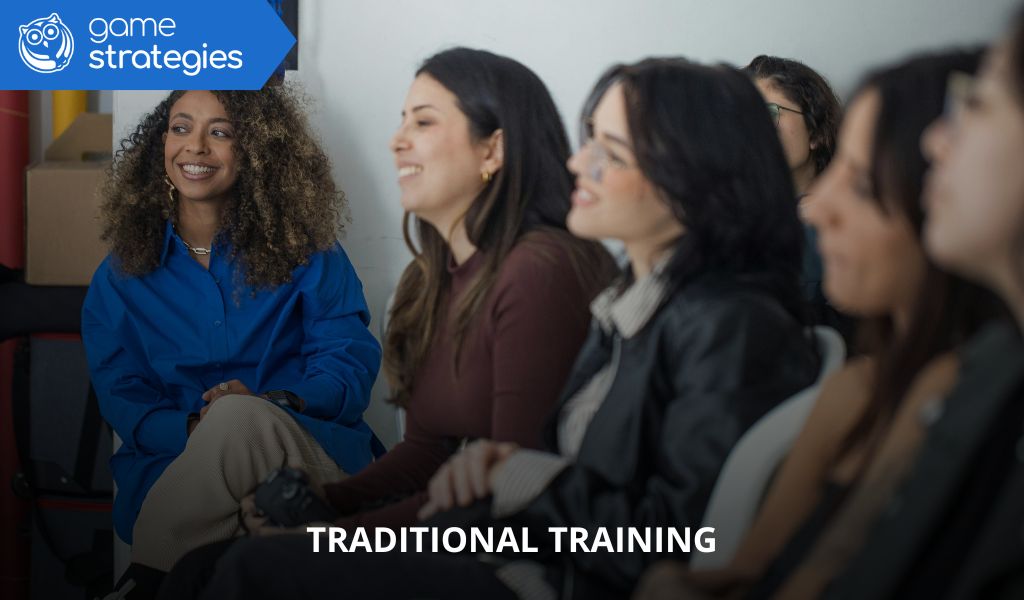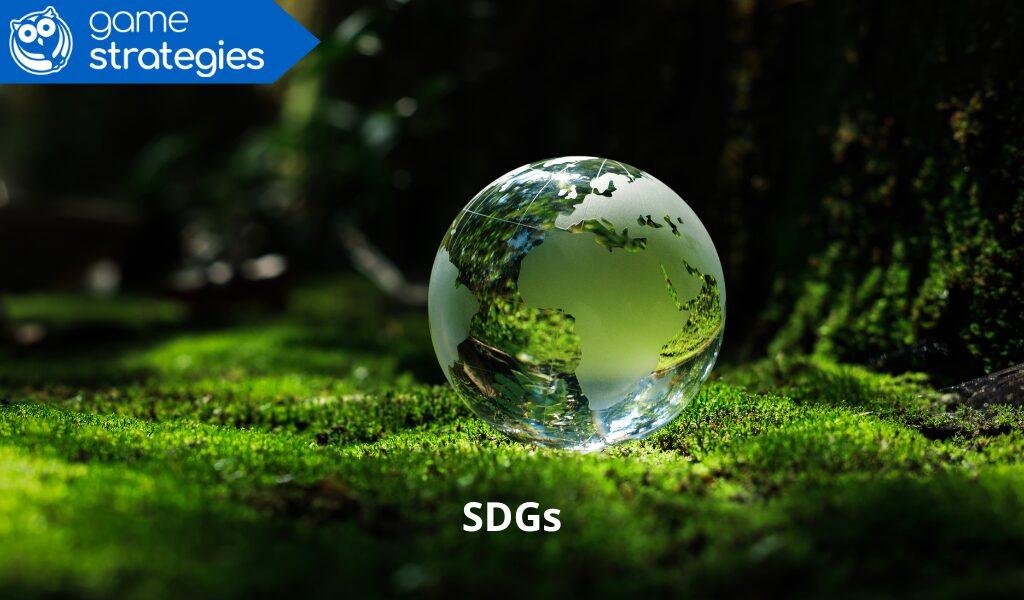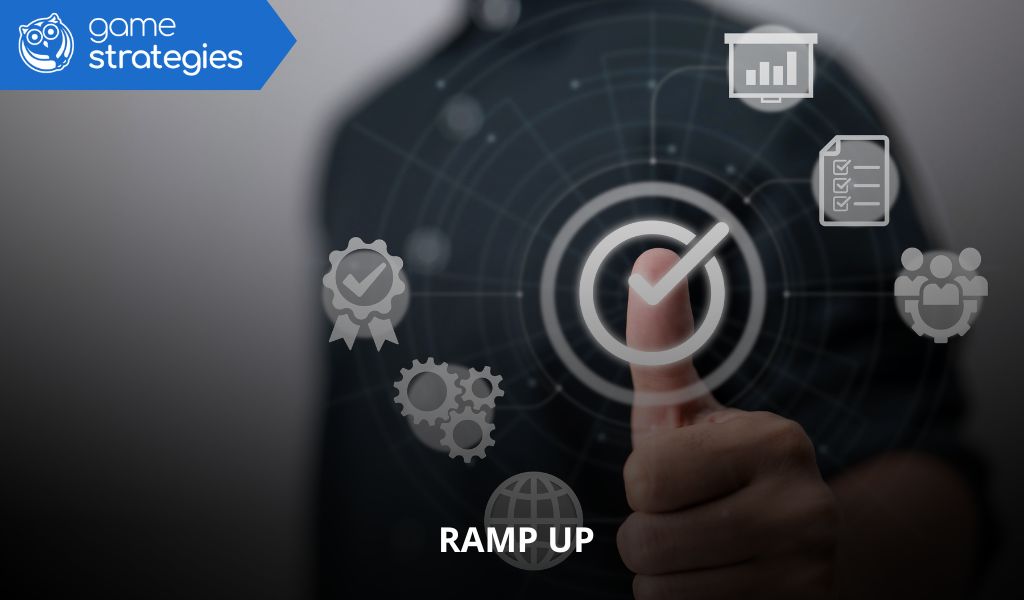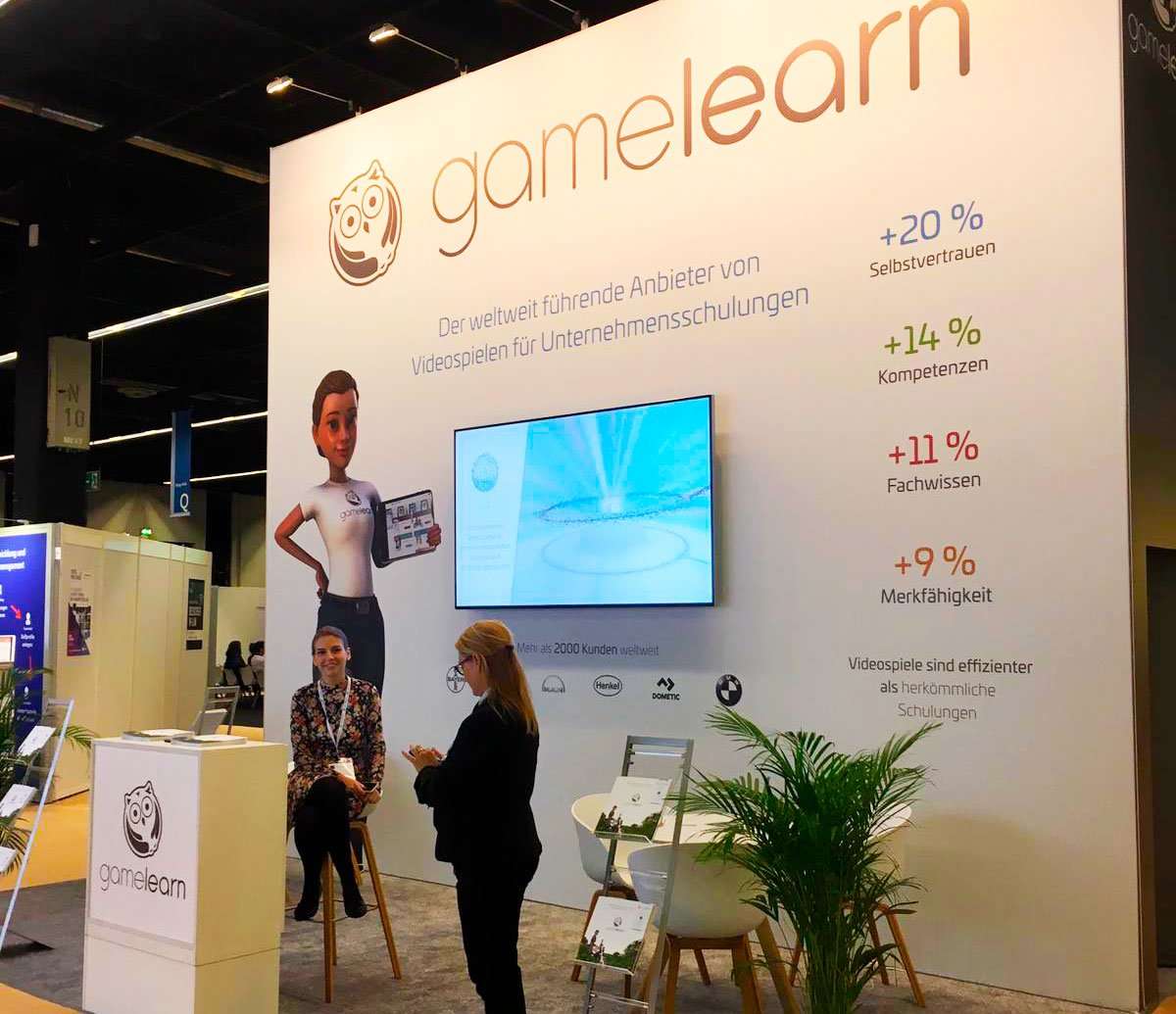For decades, traditional training dominated companies and educational institutions. But in 2025, this model can no longer deliver the results required in a fast-changing, digitally transformed world. The pace of innovation and the need for flexible skills have revealed the clear limitations of outdated methods.
In this context, Game Strategies emerges as an innovative solution, blending corporate digital learning, neuroscience, and artificial intelligence to design more dynamic, measurable, and motivating learning experiences.
The traditional training model: obsolete and ineffective
Origins in the industrial era
Traditional training was born to meet the needs of the industrial age. Its purpose was to transmit standardised instructions through a one-way, trainer-centred approach.
Memorising versus learning to think
This model relied on memorisation rather than the development of critical thinking or problem-solving skills. In today’s complex workplace environments, such an approach no longer creates real value.
Failure to adapt to the 21st century
The modern world demands continuous learning cultures, flexibility, and constant updates. Traditional training rarely incorporates microlearning, gamification, or personalised content—elements at the heart of Game Strategies’ modern methodologies.
The evidence: why traditional training fails today
Demotivation and low participation
Long, theory-heavy, and non-interactive courses cause dropouts and poor engagement. Today’s employees expect agile, visual, and hands-on learning experiences.
Lack of emotional and social connection
Learning without emotional connection does not stick. In corporate settings, the absence of social interaction limits retention and knowledge transfer.
No tangible results for businesses
Without clear metrics or continuous evaluation, it’s nearly impossible to demonstrate training ROI. This puts traditional training at a disadvantage compared to data-driven and results-oriented methods such as corporate gamification.
Alternative methodologies that enhance learning
Flipped classroom and active learning
Learners study theory in their own time and use live sessions—online or in person—to apply, debate, and solve practical cases.
Neuroscience-based training
By applying principles of motivation, attention, and memory, this model boosts retention. It integrates soft skills development and tools such as virtual reality training to simulate real scenarios.
Dual and real-world learning
Combining theoretical knowledge with real workplace practice allows employees to immediately adapt to company processes and needs.
Why traditional training no longer works in 2025
Digital environments demand new dynamics
With the digitalisation of corporate training, employees need methodologies with interactive content, simulations, and personalisation—features absent from traditional training.
The engagement and ROI crisis
Companies cannot afford training programmes that lack engagement and measurable outcomes. ROI must be clear, requiring tools to track progress, skills, and applicability.
A global market requires agility and continuous learning
Constant change demands the ability to learn—and unlearn—quickly. Hybrid training and reverse mentoring make it easier to adapt to competitive and multicultural environments.

The game strategies solution: gamified transformation with AI
Personalised training video games
Tailored to each company’s needs, these games apply neuroscience and game mechanics to maximise retention and engagement.
AI role plays and sales simulations
AI-driven simulations recreate conversations, negotiations, and real scenarios, strengthening both technical abilities and soft skills.
100% gamified onboarding
Transforms employee induction into an interactive journey, accelerating integration and reducing the learning curve.
MARS: turn-based collaborative learning
A proprietary system that fosters collaboration, strategic thinking, and problem-solving within a structured game environment.
Measurable benefits compared to traditional training
- Higher knowledge retention: up to 80% more thanks to gamification and personalisation.
- Increased engagement: interactive experiences that motivate employees to complete training.
- Tangible results: dashboards and metrics that track progress, skills acquired, and ROI.
- Better workplace climate: enjoyable learning reduces fatigue and improves mental well-being.
Traditional training has failed to keep up with today’s business pace and demands. By 2025, organisations need flexible, dynamic, and measurable methodologies to develop critical skills.
Game Strategies represents this evolution: a platform combining AI in corporate training, gamification, and neuroscience to transform learning into a continuous, motivating process aligned with every organisation’s strategic goals.
¿De cuánta utilidad te ha parecido este contenido?
¡Haz clic en una estrella para puntuarlo!
Promedio de puntuación 0 / 5. Recuento de votos: 0
Hasta ahora, ¡no hay votos!. Sé el primero en puntuar este contenido.









